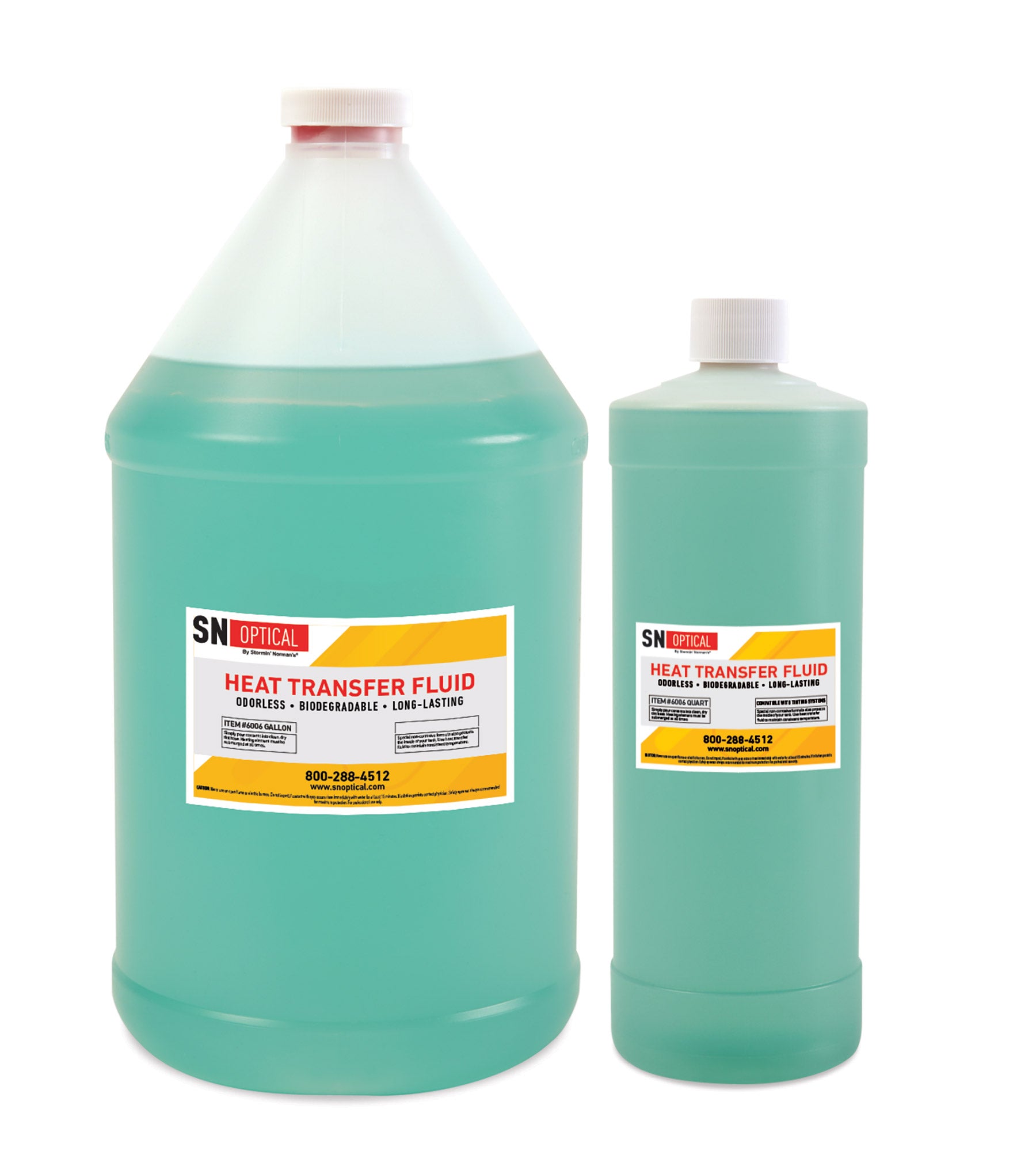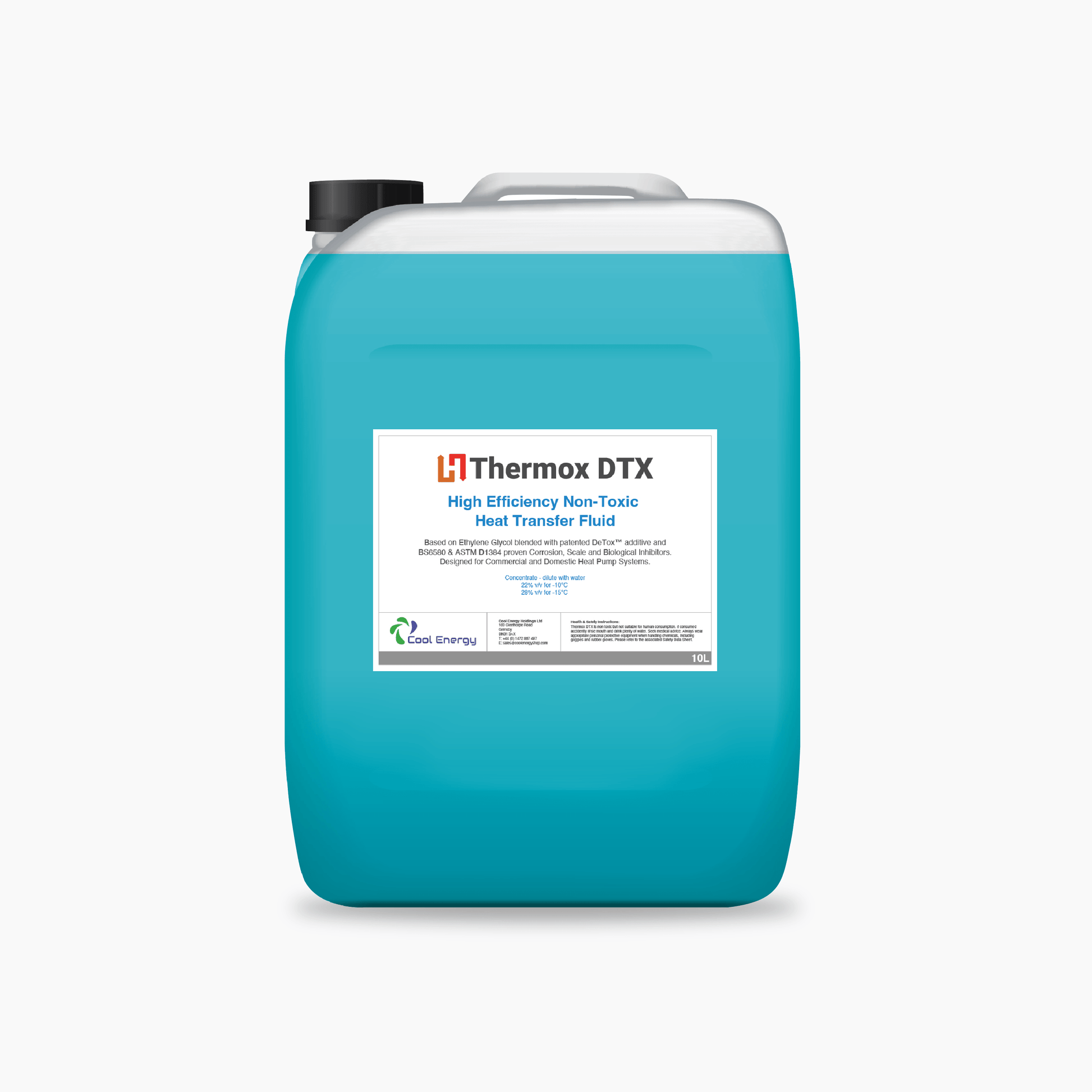Recognizing the Duty of Heat Transfer Fluid in Reliable Power Equipments
Recognizing the Duty of Heat Transfer Fluid in Reliable Power Equipments
Blog Article
Comprehending the Uses of Heat Transfer Fluid in Industrial Applications
In the vibrant landscape of industrial applications, heat transfer liquids (HTFs) are indispensable for preserving accurate thermal regulation, crucial to optimizing operational effectiveness and product top quality. From the intricacies of chemical handling to the durable demands of power generation, HTFs are main to ensuring stable and effective warmth exchange.
Role in Chemical Handling
In chemical processing, heat transfer fluids play a crucial duty in keeping exact temperature level control, which is important for enhancing response rates and ensuring product top quality - heat transfer fluid. These fluids are crucial in facilitating reliable heat exchange in between process tools, consequently allowing the guideline of thermal problems within reactors, purification columns, and various other important device. Their ability to preserve stability under differing thermal lots and environmental conditions makes them essential in chemical manufacturing
The selection of a proper warm transfer fluid is determined by variables such as thermal conductivity, specific warmth ability, thickness, and chemical compatibility with the procedure products. High-performance fluids permit fast heating & cooling, improving the performance of endothermic and exothermic reactions. Moreover, their thermal stability minimizes the risk of deterioration or contamination, which can bring about devices fouling and lowered process efficiency.
In enhancement to temperature guideline, these liquids contribute to security by avoiding overheating and lowering the capacity for thermal runaway reactions. By giving constant thermal administration, heat transfer fluids improve process reliability and can lead to significant power financial savings. As chemical procedures come to be increasingly complex, the relevance of selecting and keeping optimal warmth transfer fluids can not be overstated.

Power Generation Applications
Moving from chemical handling to power generation, heat transfer liquids think a crucial function in the manufacturing of energy. In power generation applications, these liquids contribute in preserving optimal thermal effectiveness and ensuring the trusted operation of nuclear power plant. Numerous sorts of power generation facilities, consisting of fossil fuel-based plants and concentrated solar power (CSP) systems, count heavily on heat transfer fluids for effective energy conversion.
In fossil fuel power plants, warm transfer fluids are utilized to move heat from burning gases to water in central heating boilers, generating vapor that drives turbines. This procedure calls for fluids with high thermal stability and excellent heat transfer buildings to hold up against extreme temperatures and pressures. In CSP plants, heat transfer liquids circulate with solar enthusiasts, taking in solar energy and moving it to a central receiver where it is used to generate heavy steam. The heavy steam after that powers generators to create electrical energy.
The option of warm transfer liquid in these applications is essential, as it affects the plant's performance, safety, and environmental footprint. Artificial oils, molten salts, and other specialized liquids are frequently utilized, picked based on their thermal security, heat capability, and compatibility with system materials.
Effect On Food and Beverage Market

In enhancement to boosting product top quality, warmth transfer liquids add to operational efficiency by minimizing power consumption and reducing procedure times. Their thermal stability and high heat capacity permit fast heating and cooling cycles, causing enhanced throughput and cost-effectiveness. The use of food-grade warm transfer fluids, which abide with strict safety and security standards, makes sure that there is no risk of contamination, therefore securing public health and wellness.
The flexibility of warm transfer fluids allows their application across a broad range go right here of food and drink procedures, from milk and confectionery to developing and bottling. By enhancing temperature level control, these liquids play a vital function in fulfilling the developing needs of the food and beverage sector while keeping high standards of high quality and safety and security.
Value in Manufacturing

A pivotal element of producing processes throughout different industries is the effective monitoring of temperature, which is where heat transfer fluids demonstrate their significance. These fluids play an important role in keeping ideal temperature levels for varied procedures, making certain item top quality, security, and power performance. In industries such as chemical processing, pharmaceuticals, and plastics, specific temperature level control is necessary for reactions, treating, and molding procedures. Warmth transfer liquids assist in these controlled atmospheres by absorbing, moving, and launching heat as required.
In making setups, heat transfer liquids contribute considerably to operational effectiveness and cost-effectiveness. By reducing temperature level fluctuations, they help in reducing power usage, therefore decreasing functional costs and boosting sustainability. Furthermore, they improve the life expectancy of tools by avoiding getting too hot and thermal stress and anxiety, which can cause costly downtime and fixings.
Additionally, the adaptability of warmth transfer fluids permits them to be tailored for details applications, suiting a wide variety of temperature levels and ecological problems. This flexibility makes certain consistent performance, even in the most requiring commercial setups. Eventually, the calculated usage of warm transfer fluids encourages suppliers to maximize their procedures, boost item top quality, and keep an one-upmanship in an ever-evolving market.
Advancements in Heat Transfer Technology
With innovations in heat transfer technology, sectors are experiencing transformative enhancements in temperature management systems. Modern HTFs, such as nano-fluids, exhibit boosted thermal conductivity and stability, which significantly improve warmth exchange processes.
In addition, the original site assimilation of wise modern technology and electronic tracking systems has actually reinvented warmth management. Advanced sensing units and IoT tools provide real-time information analytics, allowing precise control and optimization of warm transfer processes. This causes improved safety, lowered downtime, and expanded devices life expectancy.
Furthermore, the introduction of magnetic and phase-change materials in heat transfer applications marks a significant leap forward. heat transfer fluid. Magnetic liquids, as an example, deal rapid warm dissipation through magnetic area control, while phase-change products efficiently keep and release thermal power during phase transitions
These technological strides are not only boosting performance in traditional sectors such as chemical processing and power generation yet are also fostering development in arising fields like renewable resource systems and electronic cooling, paving the method for lasting commercial operations.

Final Thought
Warm transfer liquids are indispensable to industrial applications, using specific temperature control and improving operational effectiveness. Advancements in heat transfer innovation proceed to enhance these features, highlighting the important duty of HTFs in commercial procedures.
Report this page